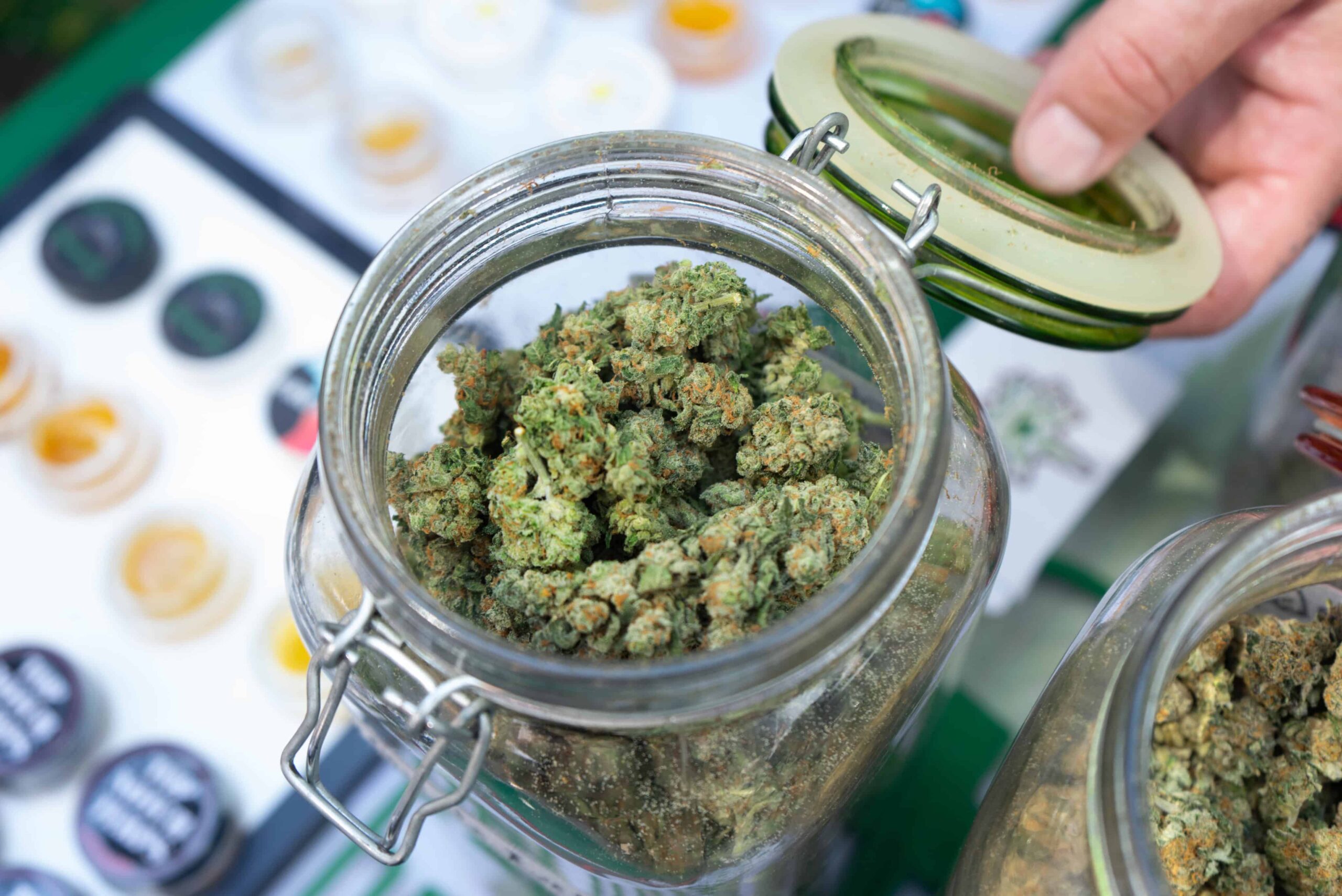
Applications Open for Recreational Cannabis Licenses in Detroit
Two lawsuits filed in Michigan earlier this year challenged Detroit’s recreational cannabis ordinance. However, the lawsuits have now been decided and the city can proceed with applications for recreational cannabis licenses.
A lawsuit was originally filed in May by House of Dank (which owns four dispensaries), arguing against the regulation’s rule preventing medical cannabis dispensaries from applying for a recreational cannabis dispensary license until 2027.
Wayne County Judge Leslie Kim Smith, Speaker of the House of Dank v. City of Detroit, wrote Aug. 30 in his opinion on the ruling. “While the city’s 2022 marijuana ordinance is a complicated scheme, it is clear and provides a fair licensing process consistent with the mandates of the MRTMA [Michigan Regulation and Taxation of Marihuana Act]’ Smith explained.
In addition, Detroit City spokesman John Roach said that “the legal department is reviewing recent rulings and we will learn more about the licensing process and application timeline over the next few days,” according to the Detroit Free Press.
Detroit’s first round of leave requests was scheduled to begin Aug. 1, but Judge Smith issued an injunction preventing Detroit city officials from proceeding.
The second lawsuit was filed June 3 by JARS Cannabis, which owns two dispensaries in Detroit and others across the state. The lawsuit alleged that it violated state law and raised issues with the city’s rating system.
Recreational cannabis sales began in Michigan in December 2019, but the city of Detroit did not implement its ordinance allowing the sale of recreational cannabis until November 2020. Now, with the settlement of the two lawsuits putting the plans on hold, those wanting to apply for a license to operate a dispensary, micro-enterprise or consumption lounge can do so beginning September 1.
Detroit Mayor Mike Duggan, speaking at a news conference Aug. 30, explained how the past two years of litigation have slowed Detroit’s progress. He described that medicinal cannabis “is controlled by wealthy people who live out of town, and Detroit residents have not benefited from it. Right from the start, Councilman [James] Tate has said we want recreational marijuana businesses in the city, but not if it means excluding Detroiters.”
Duggan also expressed confidence that the system is fair. “Everyone has the right to apply tomorrow, but we will make sure there is justice,” Duggan said.
Registration is open between September 1st and October 1st via homegrowndetroit.org. In the first phase, 60 licenses are available (40 pharmacies, consumption lounges and 10 micro-enterprises). Half of those licenses are given to social justice applicants who are individuals who either live in “any community where marijuana-related beliefs are greater than the state of Michigan and where 20% or more of the population is below the living below the poverty line.”
An additional 100 retail licenses, 30 consumption lounge licenses, and 30 micro-business licenses will be available later, spread over three phases.
Councilor James Tate was also present at the press event. “The city’s marijuana ordinance of 2022 is clear and provides a fair licensing system,” Tate said, reading a portion of Judge Smith’s opinion.
In his own words, Tate also spoke in Detroit about the future of cannabis. “I am pleased that we are on the verge of offering Detroit and other equity applicants a fair process that will enable them to participate in this multi-million dollar industry. It’s complicated, it’s challenging, but now it’s possible and that’s the beauty of this fight.”

Post a comment: